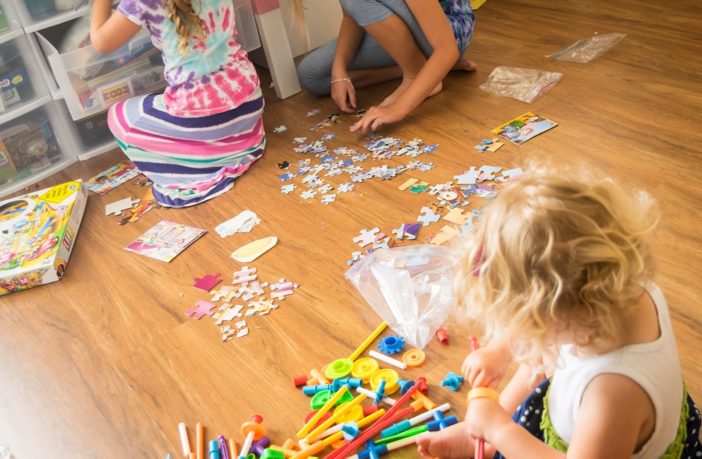Coronavirus (COVID-19) has radically altered the formal bricks and mortar environment of school education that much of the UK’s children were used to. Whether we call it home schooling, home education or home learning, this new realm is fresh and challenging territory for many parents. Drawing on her expertise in home education, Dr Amber Fensham-Smith, Lecturer in Childhood and Youth Studies at The Open University provides some top tips for parents attempting to teach some form of curriculum at home.
De-compress and de-school
See this an opportunity for children who have previously attended school to ‘decompress’ from the stresses and strains of formal schooled provision. We’re all experiencing heightened levels of anxiety in these extraordinary times and it’s inevitable that this will rub off on your children. Relish the opportunity to switch off from the pressures of work and schooling for both you and your child’s sake: listen to music, watch a film together or draw.
Use this as an opportunity to reconnect with your children’s interests. Work with your child to find out what they enjoy and build activities around this. Although it will be challenging at times, try and enjoy these moments together, because before we know it, we’ll all be returning to the rat race of life.
Let them get bored
From boredom comes creativity. Don’t feel like you have to keep your child occupied for every minute of the day. Even though structure can be useful, allow your child the freedom to explore their imagination and think up their own activities and games.
Learn together
In addition to the work that schools set, encourage children to identify a family learning project. If you have access to a garden, why not learn outside. Get creative with household items!
A one size fits all model at home does not work
It is important to establish a routine that suits you and your family. For some children, this might resemble a more formally structured routine, for others this might mean shorter ‘learning’ chunks with flexibility around the sequence and pace of learning. What works for some families, might not work for you and that is okay.
Use new and existing online networks to share resources and ideas
Try new things – whether it’s turning a recorder into set of bagpipes with a plastic bag or researching the history of orchids. Use Twitter to share your ideas with friends, but don’t let what works for another family constrain what you chose to do.
Be flexible
Perhaps this situation will give parents greater scope to question the curriculum provided by the school and/or whether it represents a ‘good education’. If something is missing, or simply not working, move onto another activity or task.
Recognise that much of the curriculum planned will have to be ‘re-taught’ when normality is resumed. ‘Success’ in these circumstances goes far beyond your child’s ability to neatly fill out their OCR science textbook. Respond to what is and is not working for your child and do not be quick to label failure as a weakness.
Find out more
Try the OU’s free learning site, OpenLearn for their courses, activities and games for school study



